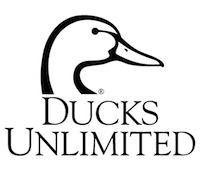
Not many of the companies on Fast Company’s list of “The World’s 50 Most Innovative Companies” are non-profit, and not many non-profits generate over $1 billion in annual revenue, but MITRE fits both criteria. I know that many of you want to see fewer technical internships, but I’ve also noticed that most of the non-profit internships that we feature on weekends aren’t very technical. MITRE, which has headquarters in Bedford, MA and McLean, VA offers an exception. They are an “organization chartered to work in the public interest” through “expertise in systems engineering, information technology, operational concepts, and enterprise modernization.” They do this work through “four Federally Funded Research and Development Centers,” with one focused on the Department of Defense, one on the Federal Aviation Administration, one on the Internal Revenue Service and U.S. Department of Veteran Affairs, and one for the Department of Homeland Security.
Read the full article →
Tagged as:
accounting,
aerospace,
Alabama,
Alaska,
analyst,
Arizona,
California,
Colorado,
defense,
design,
economics,
engineering,
finance,
Florida,
Georgia,
government,
Hawaii,
human resources,
Illinois,
information technology,
Internships,
Kansas,
Maryland,
Massachusetts,
Nebraska,
Nevada,
New Jersey,
New York,
non-profit,
North Carolina,
Ohio,
paid,
project management,
research,
Rhode Island,
software development,
telecommunications,
Texas,
Virginia,
Washington,
Washington DC,
West Virginia

























